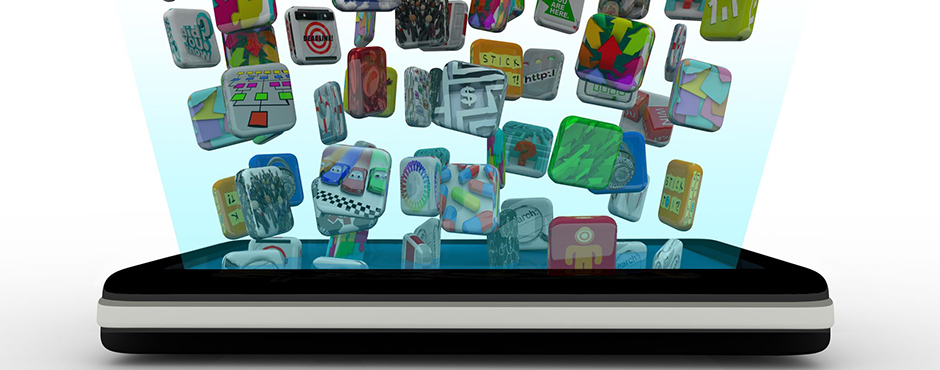Most of us want more: more time, more fun, maybe more money, more apps and upgrades to help us do what we do faster and more efficiently, more stuff to help us minimize chores we hate doing. I believe in ‘more,’ I do. (I want to take more trips!) If something can help me do more in less time, measurably less time, and the time saved allows me to do other things, then it’s all good. If ‘more’ can help me deliver more value to my clients, then obviously, that’s good too. If ‘more’ is going to make me happier, for more than the time it takes for the novelty to wear off, then I’m more-ish! What got me thinking about the value of ‘more’ was a comment this week from my cell phone provider.
Do I need MORE?
“You’re eligible for an iPhone upgrade.” Granted, the upgrade isn’t free. No, I won’t get the latest model, unless I want to pay a LOT more; but I’d get a model that gives me more than the 2013 model I have now. I got excited. I’m an Apple fan from way way back. It was tempting. I’d get a bigger screen with greater pixel density, a more powerful processor, a battery that will last twice as long, a better camera — all good things, all stuff I’d like to have; but that’s not my point. Do I need more? Right now, my phone does what I want it to do, but …
MORE is so tempting…
My MacBook Pro’s getting old. I could do with a lighter, faster, more powerful model; okay, a sweeter one than the one I’ve got.
Apple’s advertising — as always — is smooth, intelligently simple and exciting. For the latest MacBook Pro, it’s particularly appealing: Hey, Joyce, with the new Force Touch trackpad “you don’t just see your content, you feel it.” Hey, Apple! I’m all for “feeling” my content, I’m a writer. The subhead reads: “Press a little deeper, do a lot more.” I’d be able to look up a word in the dictionary by simply pressing a little harder on the trackpad; it can distinguish between a hard touch and a softer one. Haptic feedback, aka kinesthetic communication, is a marvellous thing. (Haptic is from the Greek, relating to our sense of touch.) The new model would scan my retina, bypassing the need to enter my user name and password. Maybe that would prevent my daughter from ‘borrowing’ my 15˝ laptop to watch Netflix on a larger screen (hers is 13˝ and just not big enough for enjoying her shows, it seems). But since I’m not storing secrets that could rock the world on my laptop, do I need retinal security?
But will they allow me to do MORE?
“A groundbreaking retina display. A new force-sensing trackpad. All-flash architecture. Powerful dual-core and quad-core Intel processors. Together, these features take the notebook to a new level of performance. And they will do the same for you in everything you create,” says Apple.
Wow! All of that makes my laptop seem about as current as the era in which we hominids split with our ancestors, the chimps, to walk upright. I could have all of this really cool stuff and I’d love it. But will those features, as Apple’s copy suggests, take everything I create to a new level? Will they allow me to do ‘more’? Maybe!
How much MORE do we need? How much is MORE really going to give us?
I’ve had conversations with my geek pal about ‘more’; he gets excited about the near future and the far future and how much more we’ll be able to do. It’s an exciting world and yes, we need to anticipate, stay current, stay relevant and lean on technology to help us work smarter. Use it and yes, upgrade it, to enrich our lives and make things better in all of the ways that it can. But every once in a while (even if it’s just delaying the inevitability of those unrecyclable parts from my iPhone ending up as e-Waste) shouldn’t we question the value of more? How much more do we need? How much is ‘more’ really going to give us?
The job of advertising is to persuade
The smarter the advertising, the more persuasive. Apple can be very persuasive; but at the end of the day, it still falls to me to be persuaded.
In the near future, NO new phone; but I do see a laptop – if only to get me to the dictionary faster and put that retina scan to work cramping my daughter’s laptop-borrowing style! And it would be really nice to schlep around a lighter laptop. For this week, though, I’ll forego the enticing bells and whistles, stick with my old laptop and continue doing more, with less. I’m not quite ready to be persuaded.
For a futuristic perspective on ‘more’, here’s a peek at what more we might/can expect:
Tomorrow’s World: BBC’s Guide to the next 150 Years
BBC’s Timeline of the Far Future (a thousand years, a million, etc.)

